The Arctic Rush: Why Powers Want Greenland
Randhir Singh - Monday, 21 July 2025 | 05:25 PM (WIB)
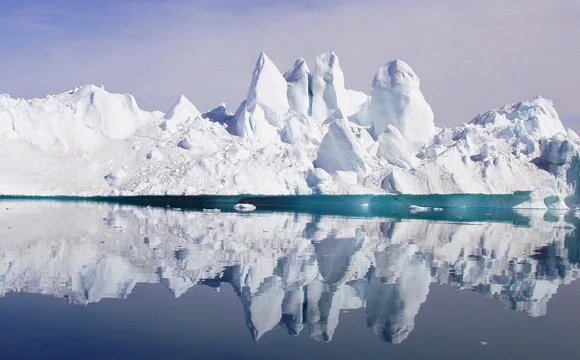

Greenland: Why This Icy Outpost is the Hottest Real Estate on Earth
Imagine a place so vast, so remote, and so covered in ice that it feels like another planet. For centuries, Greenland, the world’s largest island, was largely an afterthought for most global powers, a chilly, sparsely populated outpost known mostly for its glaciers and polar bears. But oh, how times have changed! Suddenly, this frozen giant is the hottest property on Earth, with superpowers like the United States, China, and Russia all eyeing it like a prime piece of real estate. Why the sudden obsession? Buckle up, because this isn't just about pretty icebergs; it's a high-stakes game of global strategy, resources, and a rapidly changing climate.The Arctic Chessboard: A Strategic Goldmine
First off, let’s talk location, location, location. If you pull up a map, Greenland sits smack-dab between North America and Europe, practically kissing the Arctic Circle. For military strategists, this position is a total game-changer. Think Cold War vibes, but with a modern twist. The melting ice caps are opening up new shipping lanes – the fabled Northern Sea Route and Northwest Passage – which could drastically cut transit times between Asia and the West. We're talking weeks, not just days, off shipping schedules. That's a massive win for trade, but it also creates new avenues for naval power projection and military movement. Suddenly, a direct route through the Arctic becomes less of a fantasy and more of a geopolitical highway. Control over these routes, or even just influence along them, gives a nation a serious leg up in global logistics and defense. And it's not just about sea lanes. Greenland is already home to Thule Air Base, a vital U.S. early-warning radar and space surveillance facility. In an age where missile defense and rapid response are paramount, having a strategic foothold so far north is like having a permanent lookout tower. You can almost hear the gears turning in the Pentagon and the Kremlin as they assess the strategic advantages of more military presence. It’s a classic case of proximity equalling power – the closer you are, the faster you can respond, and the more eyes you have on critical global flashpoints.Beneath the Ice: A Treasure Trove of Resources
Beyond its strategic importance, Greenland is sitting on what many believe is an absolute bonanza of untapped natural resources. We're talking about the stuff that powers our modern world. Most notably, Greenland is thought to hold massive deposits of Rare Earth Elements (REEs). Now, if you’re not familiar, REEs are like the secret sauce for everything from your smartphone and electric car batteries to wind turbines and advanced defense systems. China currently dominates the REE market, giving them a significant geopolitical leverage. Finding alternative, stable sources of these critical minerals is a huge priority for Western nations, and Greenland looks like a shining beacon of hope. But wait, there's more! Geologists also suspect vast oil and gas reserves lie beneath the Arctic waters surrounding Greenland. With global energy demands constantly rising and a keen desire for energy independence, suddenly drilling in the Arctic doesn't seem so far-fetched to some. Add to that significant deposits of zinc, lead, gold, uranium, and iron ore, and you start to see why this icy landmass is attracting so much attention. It’s a resource jackpot, and everyone wants a piece of the pie.Climate Change: The Ironic Key to Accessibility
It's a bitter pill to swallow, but the very force that’s making Greenland more accessible – climate change – is also making it a crucial scientific frontier. The Greenland ice sheet is melting at an alarming rate, a stark indicator of global warming. This makes it an unparalleled outdoor laboratory for climate scientists, oceanographers, and glaciologists. Nations want to be at the forefront of this research, not just for the sake of knowledge, but because understanding these changes can have profound implications for global security, agriculture, and economic stability. Access to research stations, data, and scientific collaboration is, in itself, a form of soft power and influence. The irony isn't lost on anyone: the same climate shifts that are opening up shipping routes and exposing mineral wealth are also fundamentally altering the planet. Being positioned in Greenland allows nations to literally watch the process unfold, gather crucial data, and potentially influence future climate policy and adaptation strategies. It’s a strange duality, but it’s undeniably part of Greenland’s growing allure.The Soft Power Play and the Locals
While the hard power of military bases and the lure of mineral wealth are obvious drivers, there’s also a subtle, long-game play unfolding: soft power and influence. Greenland is technically an autonomous territory within the Kingdom of Denmark, but its people, primarily Inuit, are increasingly vocal about their desire for greater self-determination, and potentially, full independence. This creates an interesting dynamic for superpowers. Instead of outright annexation (which, let’s be honest, would be a global diplomatic nightmare), they can offer investment, aid, and trade agreements. Think infrastructure projects, educational exchanges, and economic development opportunities. It’s about building relationships, gaining goodwill, and subtly weaving themselves into the fabric of Greenland's future. The people of Greenland, naturally, are caught in the middle of this burgeoning interest. They want economic prosperity and better living standards, but also want to protect their unique culture and the fragile Arctic environment. Any superpower looking to gain a foothold will need to navigate these local aspirations carefully. It's not just about what the big players want; it's also about what Greenlanders envision for their own future. Their voice, though often quieter than the roar of global geopolitics, is absolutely critical. So, the next time you hear about Greenland, remember it's not just a vast, icy expanse on a map. It’s a geopolitical hotspot, a treasure chest of resources, a climate change barometer, and a stage for the ongoing "Great Game" of global power. From military strategy to rare earth minerals and the very future of our planet, this seemingly remote island is at the heart of some of the most pressing issues of our time. And as the ice continues to melt, expect the temperature of this global competition to only heat up.
Did Earth Just Jump from 3D to 5D? Let's Deconstruct the Hype
6 months ago

South Korea Says "No More Pixels, More Pencils!" in Classrooms
6 months ago
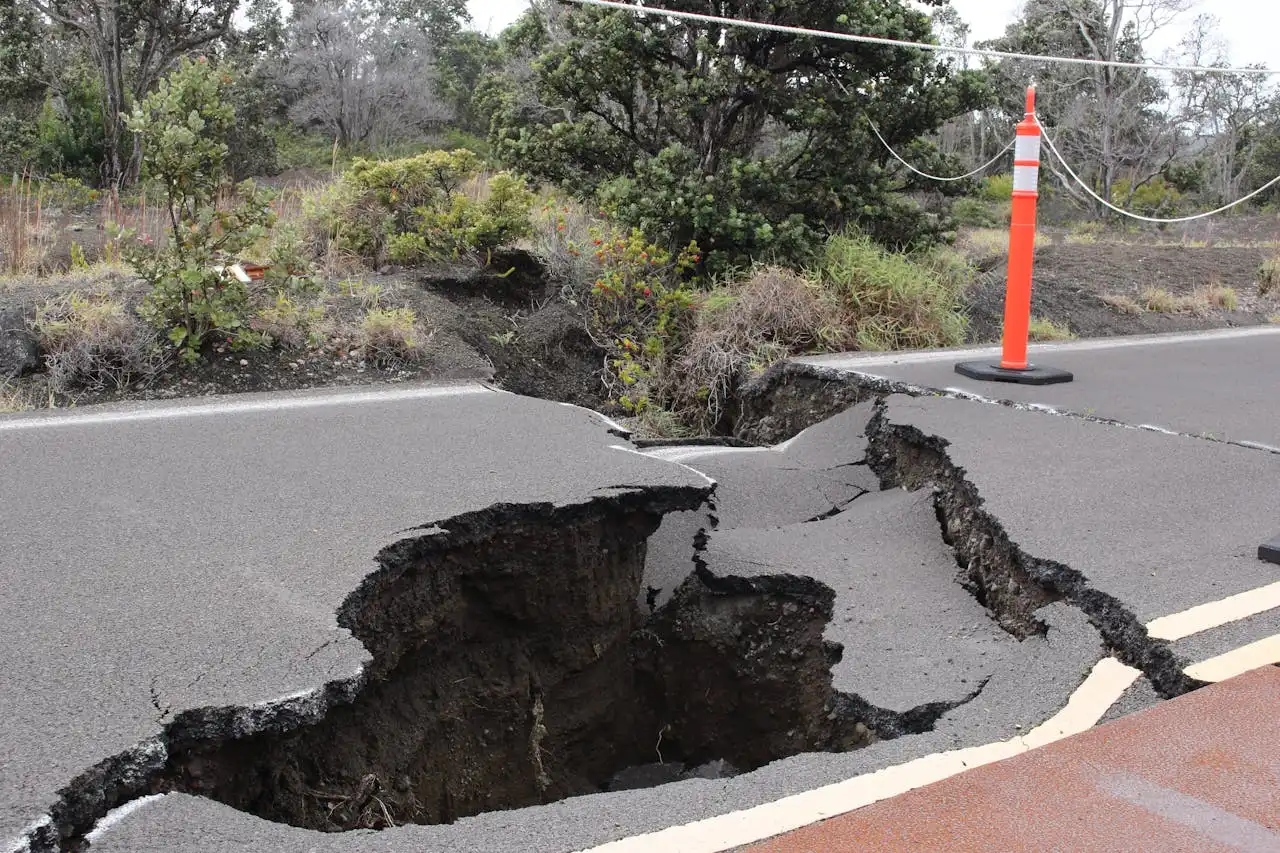
Japan Earthquake Rumors: Between Manga Prophecies, Tourist Fear, and Scientific Reality
6 months ago
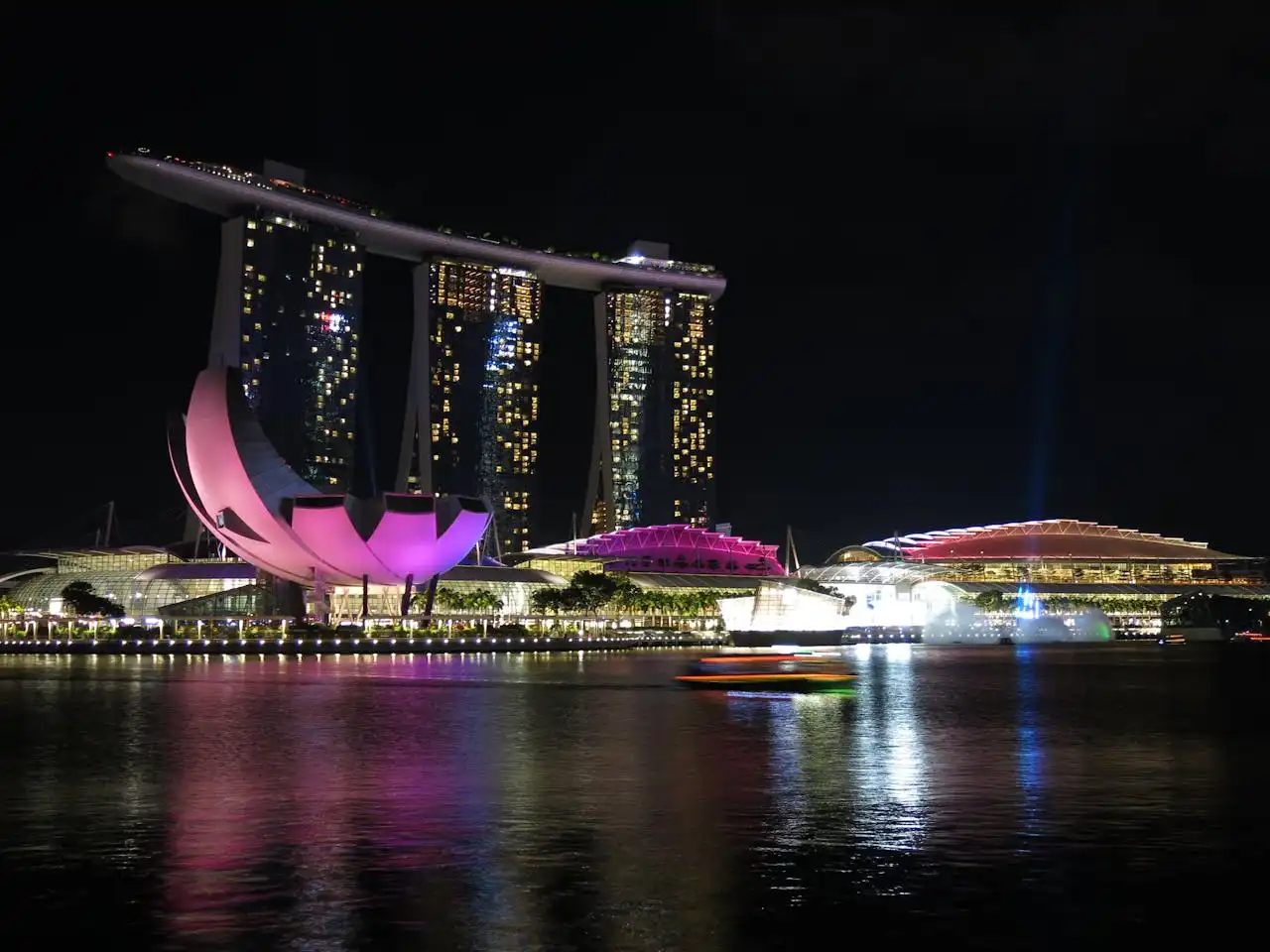
Marina Bay Sands to Become a New Icon with US$8–9 Billion Development
6 months ago
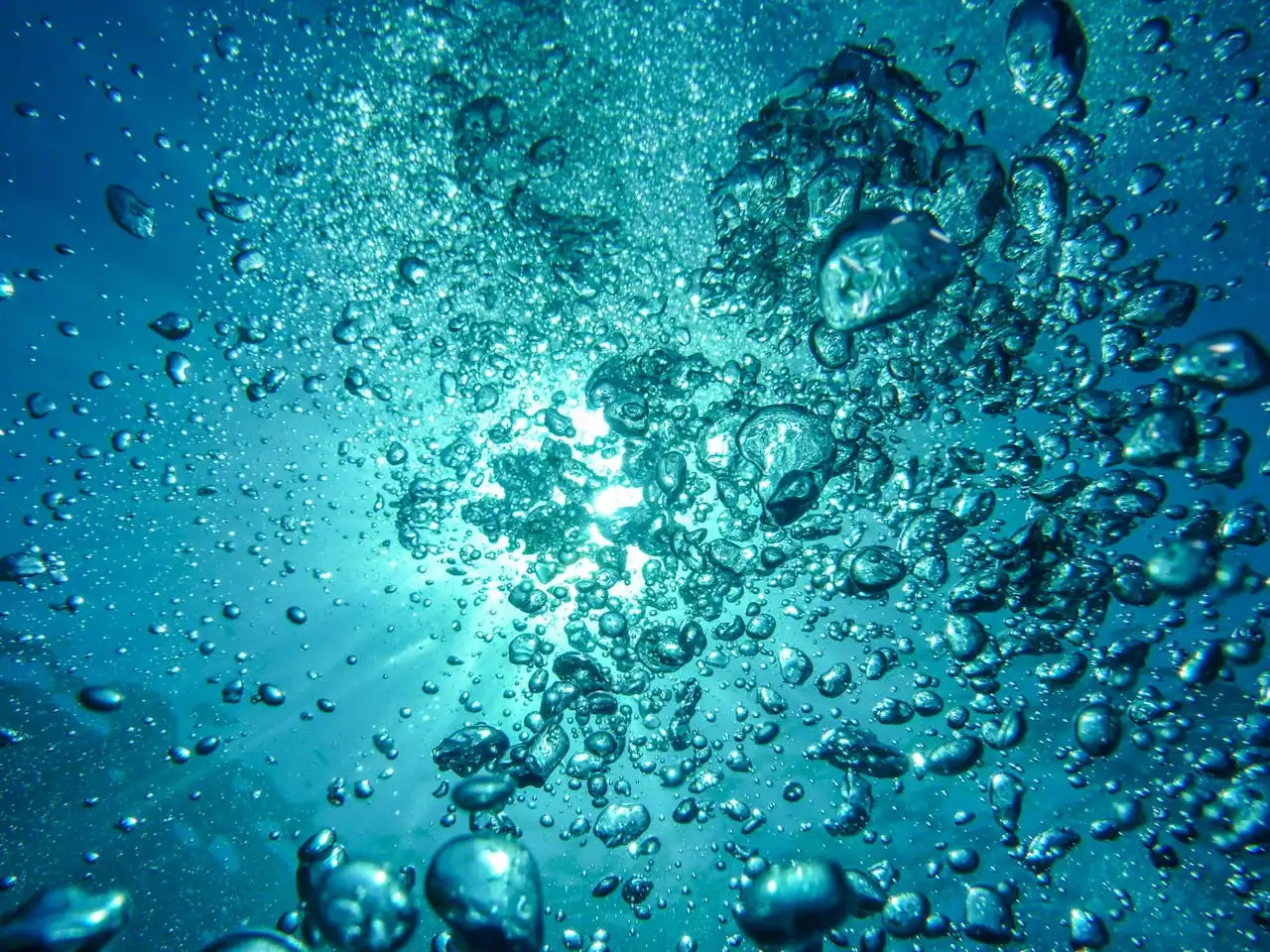
Global Water Crisis 2025: A Threat That Cannot Be Ignored
6 months ago
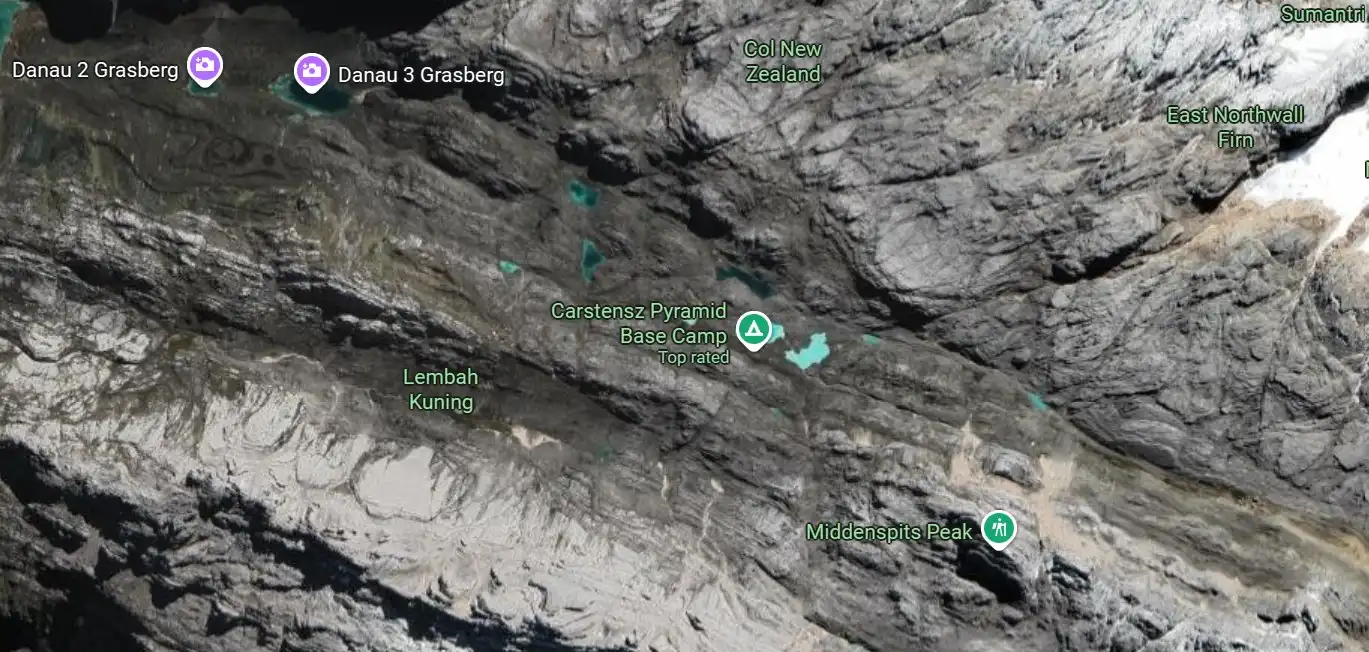
The Vanishing Crown: Global Warming's Grip on Carstensz Peak's Glaciers
6 months ago

The Pig Lungs That Could Change Everything: A New Dawn for Organ Transplants?
6 months ago
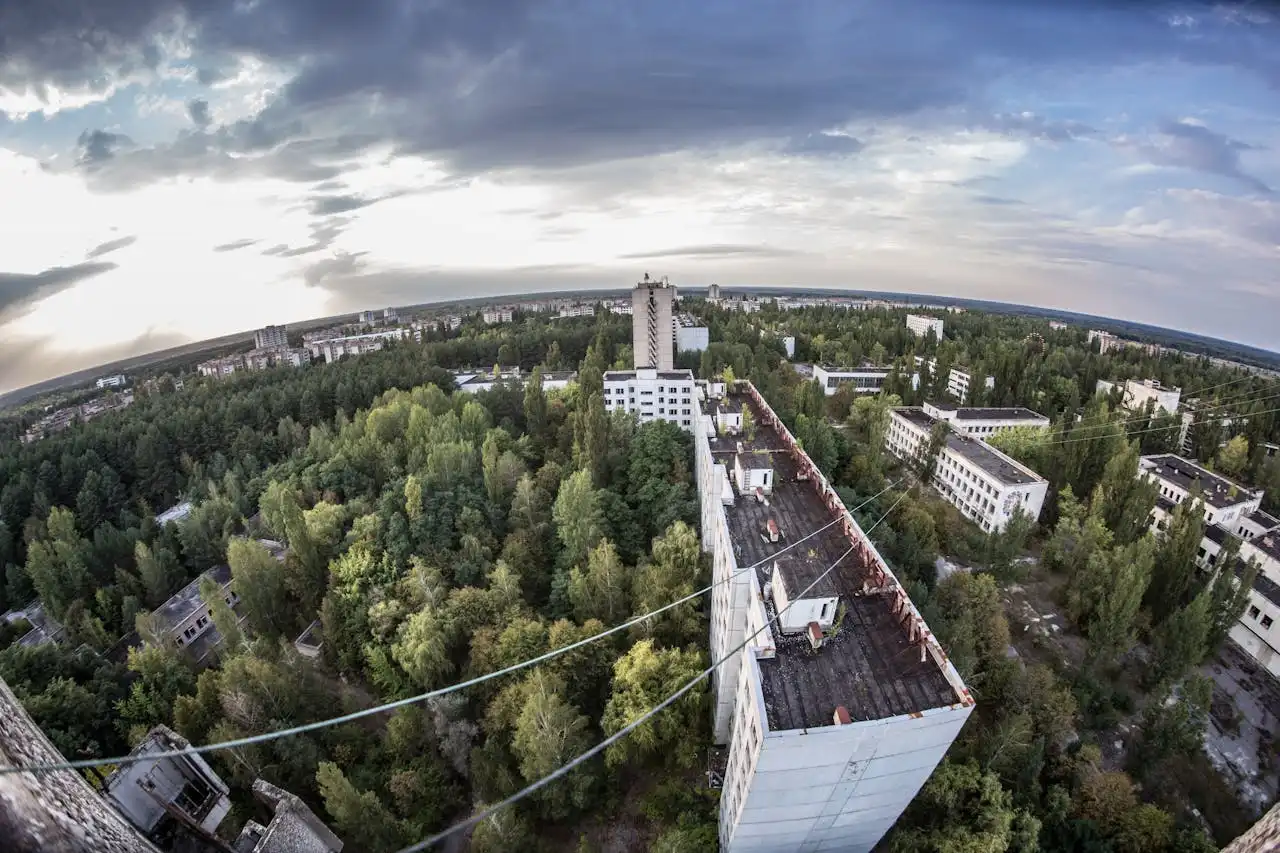
The Unseen Legacy: Chernobyl's Enduring Echoes on Life and Land
6 months ago
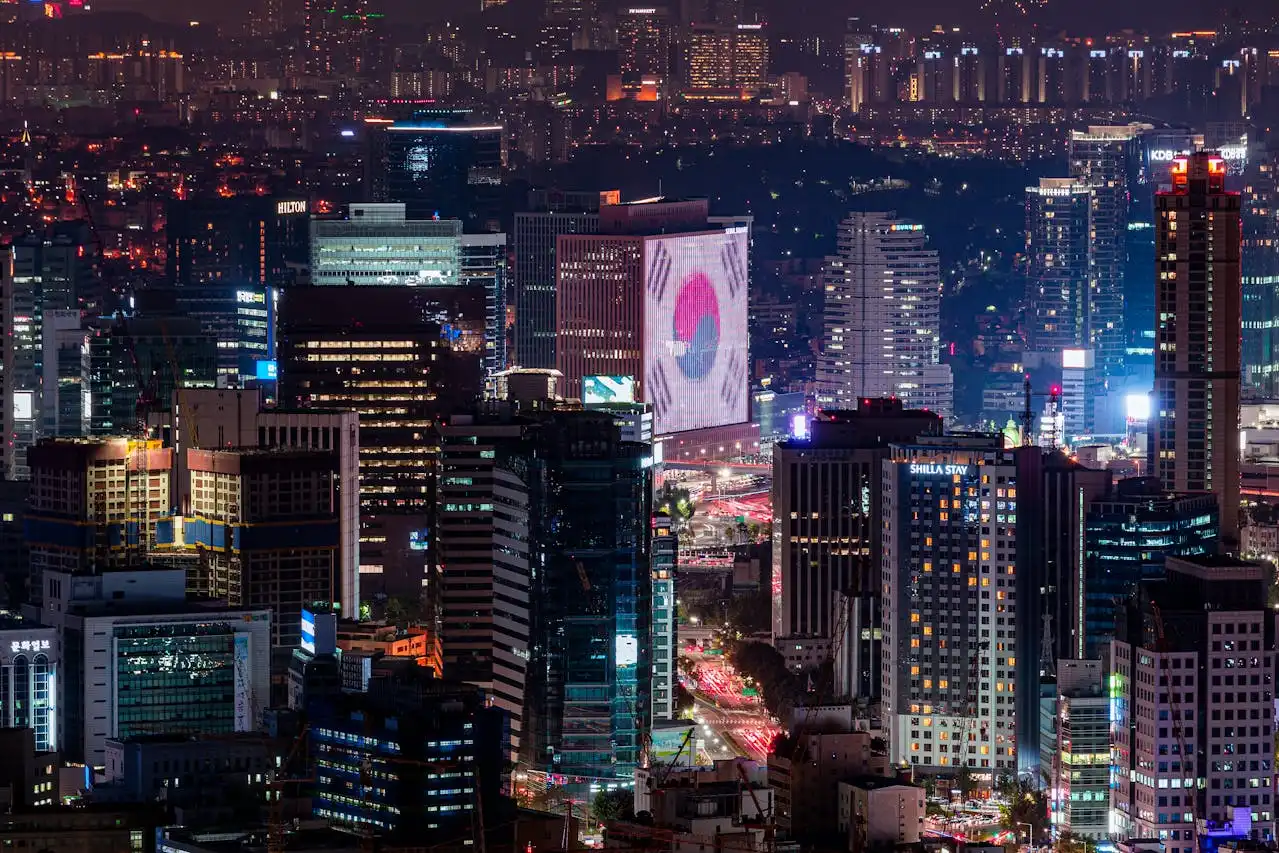
South Korea's Latest Crime-Fighting Gizmo: Say Hello to the Hologram Police!
6 months ago
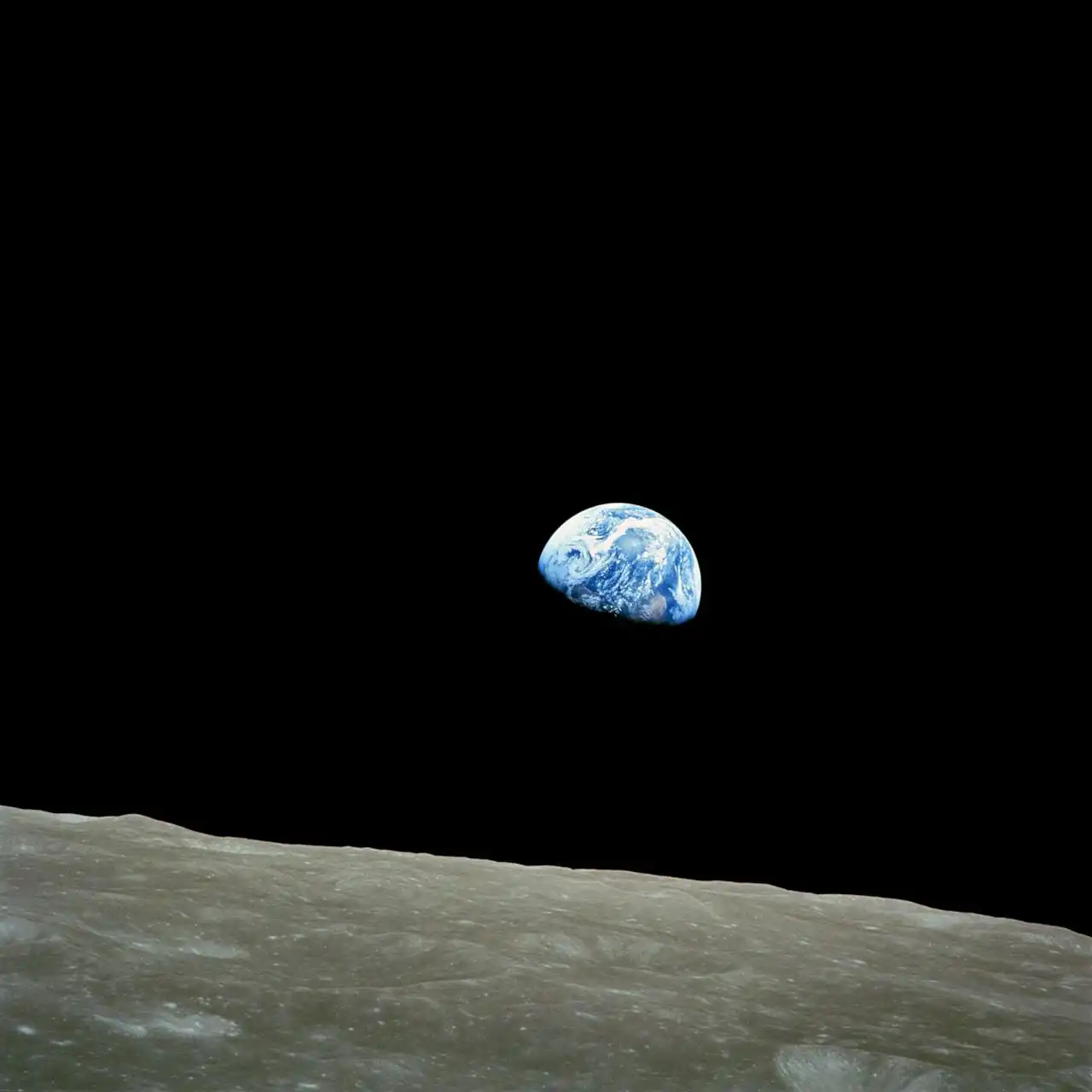
The Cosmic Game of Hide-and-Seek: Beyond Planet X, Meet Planet Y?
6 months ago
